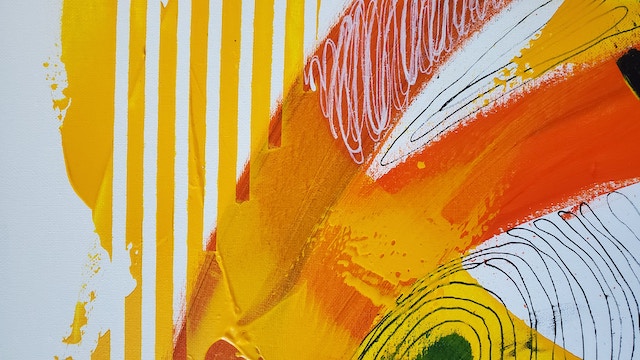The practice of ethnography can be described, among other ways, has having the emergent qualities of relationality, fluidity and creating a sense of place. These qualities also inform who we are at EPIC, our growing community and our location in NYC for 2014. Moreover, ethnographic practice...










